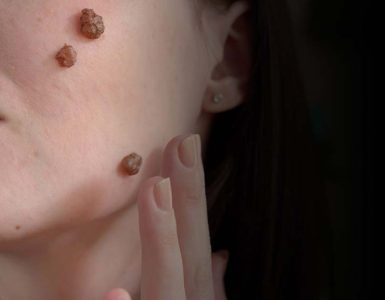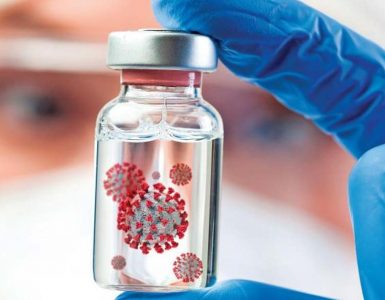A research group from the University of Geneva has identified highly active inhibitors, 5000 times more than any other therapeutic approach. Previously, it was observed that the thiol mediated uptake of organic molecules replaced the oxygen with a sulfur molecule, which facilitated the Human immunodeficiency virus entry into the cell. Similarly, the article published in the flagship Journal of the Royal Society of Chemistry paved the pathway for new antiviral, which presented a way to block cellular entry of SARS COV 2.
The efficiency of sulfur molecules in altering the membrane properties is over-viewed since 2011 under the supervision of Professor Stefan Matile. Their dynamic bonding with the thiol creates difficulty for the virus and other toxins to enter the cell. Professor stated, “ interestingly, the free sulfur bond is vulnerable to covalently bond with any substrate and facilitate its entry into cell; thus, blocking the molecules to gain entry.”
Unfortunately, the skepticism and disbelief for the importance of this chemistry in the scientific community are due to a lack of proper tests. Currently, Ellman’s reagent test is the only available low reactivity test that is not reliable.
During the first Sweden lock-down, the Stefan team began their investigation on the potential antiviral inhibitor against SARS COV 2. The study was conducted using a fluorescent probe to assess the cellular uptake and inhibitor activity using microscopy. However, the Neurix, geneva laboratory further tested the inhibitor using a lentivirus model, a look-alike of SARS COV2 viral envelope to attest effectiveness against pandemic virus.
The study successfully proved only one inhibitor to be effective in blocking the cellular entry of the virus. The team was overwhelmed, but the Professor stated, “the results are new, and further studies would be conducted for validation.”
Thus, this is an interesting inquiry line for developing future antivirals.
















Add comment